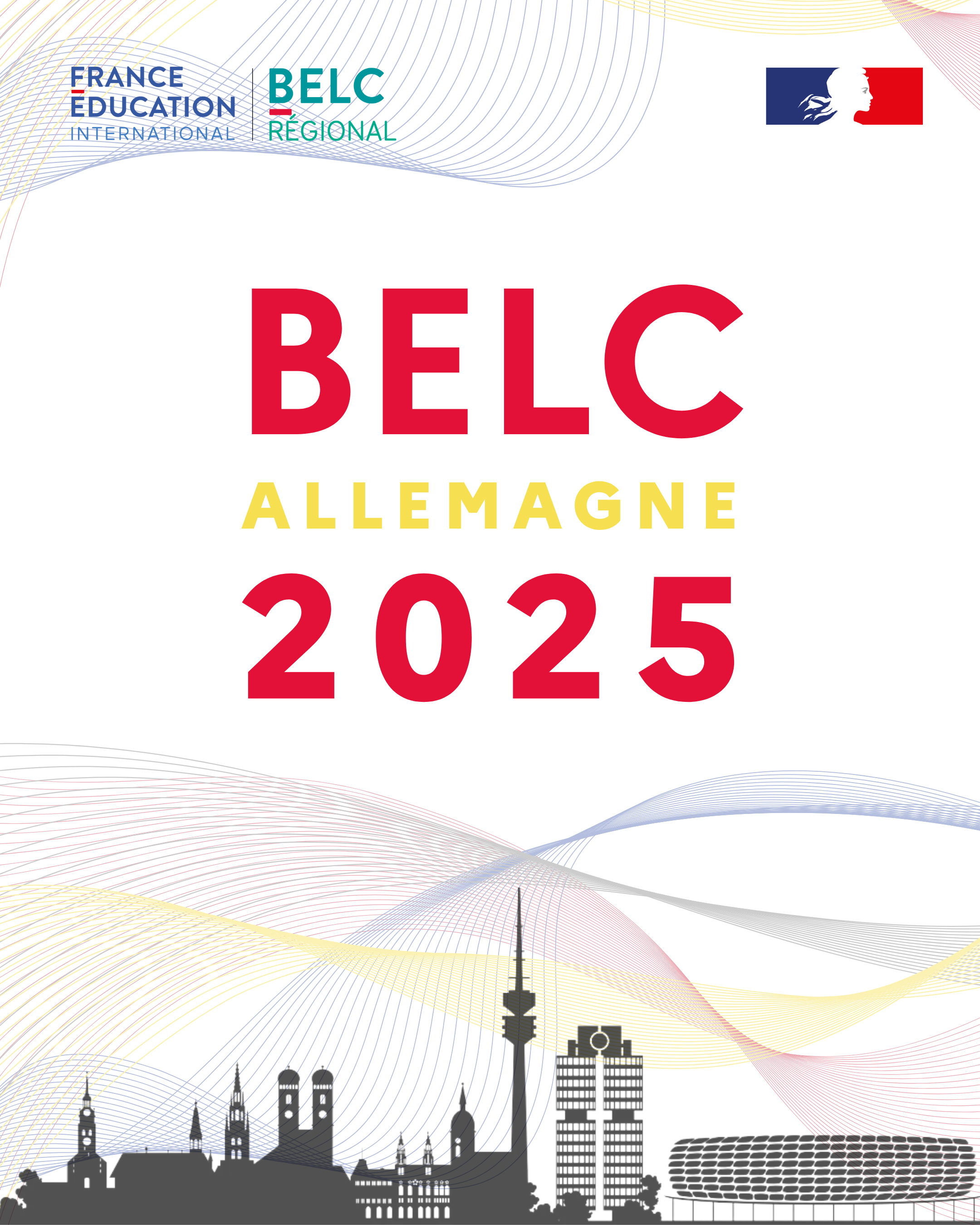Ma communauté
Retrouvez les publications de votre espace Pays (informations et ressources), d'IFprofs et de nos partenaires
Améliorez votre pratique professionnelle grâce à votre communauté éducative
Filtrer:
Trier par :
Publications à la Une
L'actualité à ne pas manquer
Retour en haut de page








